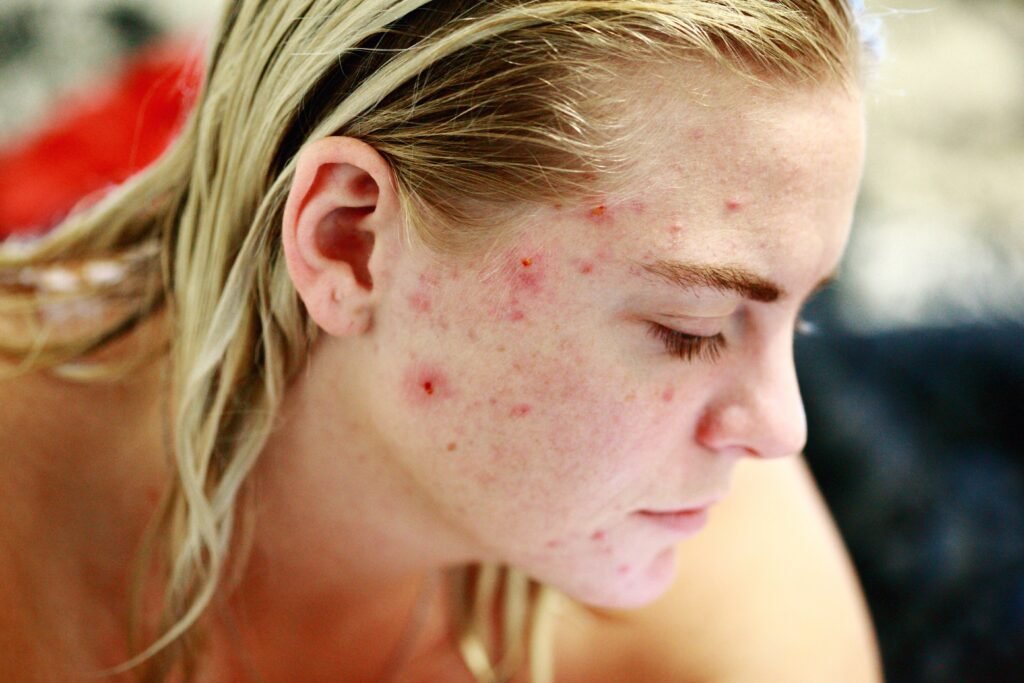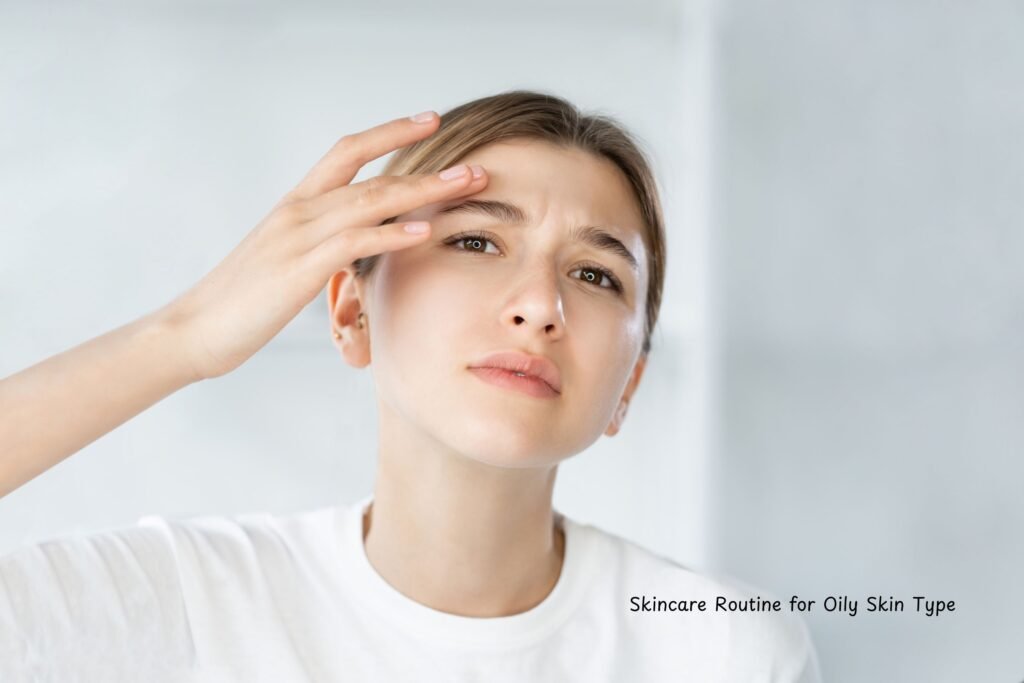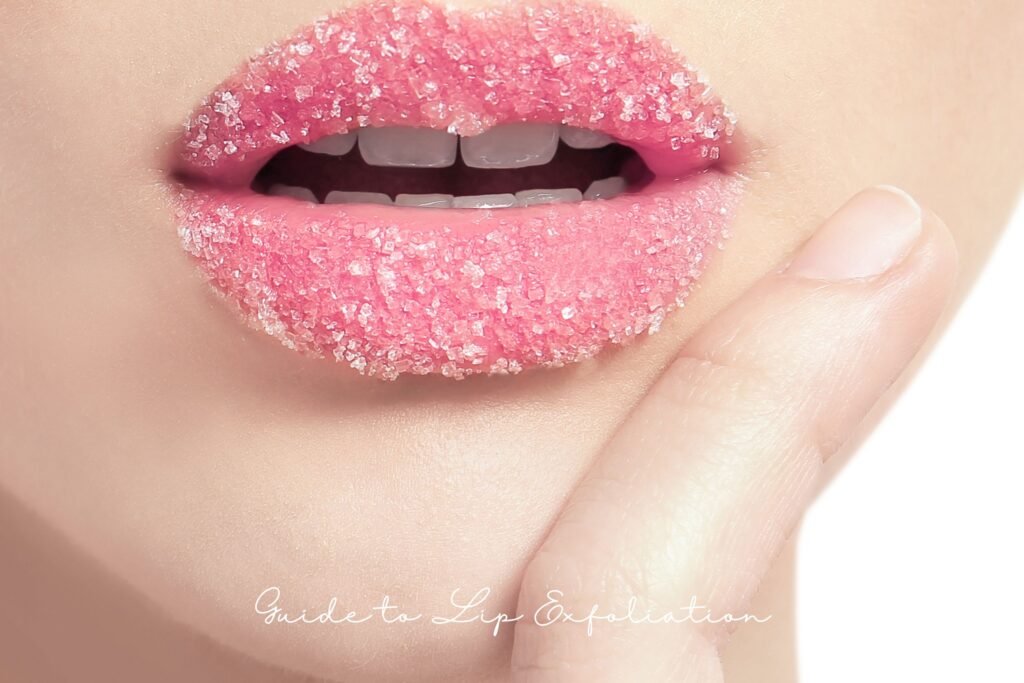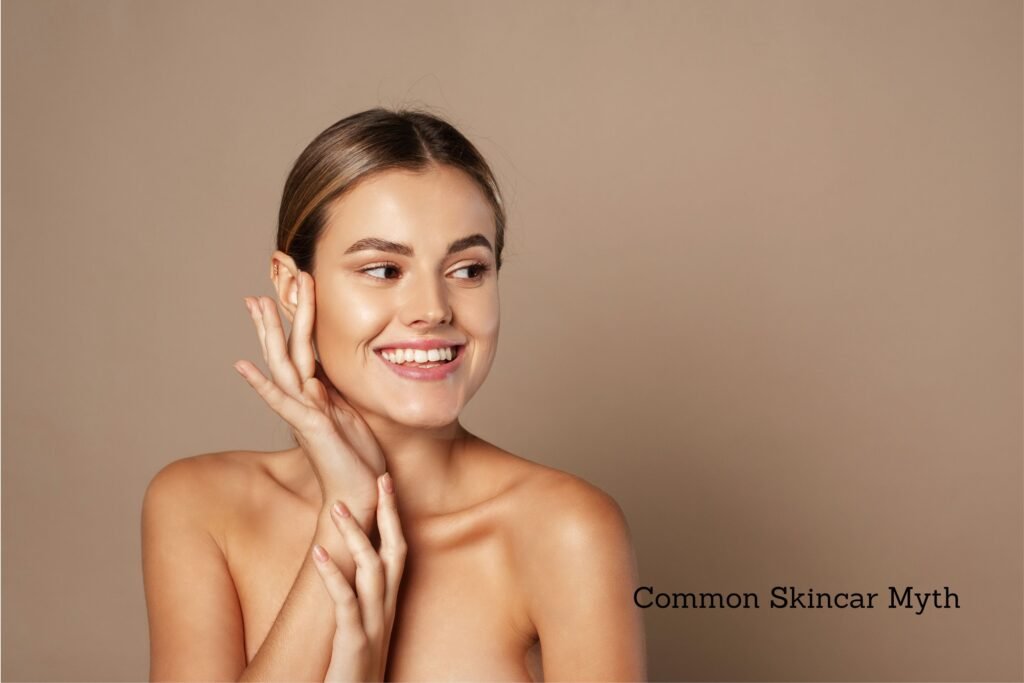Acne is a common condition for both men and women, affecting millions of people worldwide. Though different types of acne can cause discomfort, hormonal acne stands out due to its stubborn nature and difficulty in being cured.
Hormonal acne is caused by fluctuations in hormone levels. Androgens such as testosterone can increase the production of sebum, an oily substance produced by sebaceous glands in the skin. Excess sebum clogs the pores and leads to acne.
The face, chest, neck, and back are the areas of the body that are rich in sebaceous glands, making them more prone to hormonal acne. Hormonal acne can be deep, painful, and inflammatory. Women are more susceptible to hormonal acne as they go through different stages of their life, such as puberty, menstruation, pregnancy, and menopause, which cause hormonal imbalances.
Common Causes of Hormonal Acne
Puberty
Puberty is a time when the body goes through major changes as it grows and matures. These changes are driven by hormones, which can lead to skin issues like acne. Hormonal acne is common during puberty because the body produces more oil, which can clog pores and cause breakouts.
Menstrual Cycle
Each month, a woman experiences a menstrual cycle, which affects not only her mood and energy levels but also her skin. Hormone levels, especially estrogen and progesterone, fluctuate throughout the cycle. These changes can cause the skin to produce more oil, leading to hormonal acne, especially in the days before or after a period.
Stress
When you’re stressed, your body produces more cortisol, a hormone that helps manage stress. However, increased cortisol can cause your skin to produce more oil, which can worsen acne or lead to new breakouts.
Diet
What you eat can affect your hormones. Foods high in sugar or dairy may cause spikes in certain hormones, which can lead to acne. Some people notice that cutting back on sugary foods and dairy helps improve their skin.
PCOS (Polycystic Ovary Syndrome)
Polycystic Ovary Syndrome (PCOS) is a condition where a woman’s hormones are imbalanced. This can lead to many symptoms, including irregular periods, weight gain, and acne. Women with PCOS often experience hormonal acne because of higher levels of androgens (male hormones).
Certain Medications
Some medications, such as birth control pills or corticosteroids, can upset the natural balance of hormones in your body. This imbalance may result in hormonal acne. If you notice more breakouts after starting a new medication, it could be related to these changes.
How to Overcome Hormonal Acne
Skincare Routine
Keeping a regular skincare routine is very important when it comes to managing hormonal acne. Consistency is key to seeing positive results over time.
Cleansing: Start by using a gentle cleanser that removes dirt, oil, and impurities from your skin. This helps to keep your pores clean and reduces the chances of breakouts. Make sure to wash your face twice a day, once in the morning and once before bed.
Exfoliation: Exfoliating helps remove dead skin cells and excess dirt that can block your pores and lead to acne. It also promotes smoother and brighter skin. However, be careful not to over-exfoliate, as it can make your skin dry and irritated. Stick to exfoliating 2 to 3 times a week for best results.
Learn more about exfoliation (How to Exfoliate Properly by Skin Types at Home for Glowing Skin)
Moisturizing: Moisturizer is an essential step, even if you have acne-prone skin. Use a non-comedogenic moisturizer, meaning it won’t clog your pores. A good moisturizer keeps your skin hydrated, which helps maintain its natural barrier and prevents dryness or irritation. This step helps balance oil production, which can reduce acne flare-ups.
Click Best Skincare Routine of 2024 to learn more about skincare routine.
Diet and Lifestyle Changes
Balanced Diet: Maintaining a balanced diet is essential. Avoid sugar, dairy, and processed foods, as they can trigger breakouts. Instead, focus on increasing your intake of vegetables, lean meats, and healthy fats to nourish your skin and body.
Hydration: Your body needs water to function properly. Drinking plenty of water throughout the day helps maintain hydration and flushes out toxins, which can improve your skin’s overall health.
Sleep: Getting 6-7 hours of sleep each night is important for managing stress and regulating hormone levels. A lack of sleep can disrupt hormones, potentially worsening acne.
Exercise: Incorporating regular exercise, yoga, and meditation for 20-30 minutes a day is beneficial. These activities help calm your mind, reduce stress, and improve overall health, which may lead to clearer skin.
Medical Treatments
For persistent hormonal acne, consulting a dermatologist is essential. They may recommend the following treatments:
Topical Retinoids: These Vitamin A-based treatments help unclog pores and reduce inflammation. They also promote the shedding of dead skin cells, which can improve skin texture over time.
Oral Contraceptives: For women, birth control pills can help regulate hormones that contribute to acne. By balancing these hormones, they can reduce oil production and prevent breakouts.
Anti-Androgen Medications: Drugs like spironolactone block androgens, which can lead to excess oil production. By reducing these hormones, they help prevent clogged pores and acne flare-ups.
Isotretinoin: This powerful medication is used for severe acne that hasn’t improved with other treatments. It works by shrinking sebaceous glands, significantly reducing oil production and helping clear up skin.
Natural Remedies
Tea Tree Oil: Tea tree oil is well-known for its natural antibacterial abilities. When applied directly to problem areas, it can help reduce bacteria and clear up spots. It’s a great natural option for treating acne and other skin issues.
Green Tea: Green tea is rich in antioxidants, which can help calm inflamed skin. You can either drink it or apply the extract directly to your skin. Both methods can help reduce redness, fight irritation, and even lower oil (sebum) production, making your skin look and feel better.
Aloe Vera: Aloe vera is famous for its soothing and healing effects. If you have irritated or inflamed skin, applying aloe vera gel can help reduce redness, speed up healing, and make your skin feel more comfortable.
Overcoming hormonal acne requires a multifaceted approach that combines proper skincare, a healthy lifestyle, and, when necessary, medical intervention. By understanding the underlying causes and implementing effective strategies, you can achieve clearer, healthier skin. Remember, patience and consistency are key, as it may take time to see significant improvements. If you’re struggling with persistent acne, don’t hesitate to seek professional advice to tailor a treatment plan that suits your specific needs.





